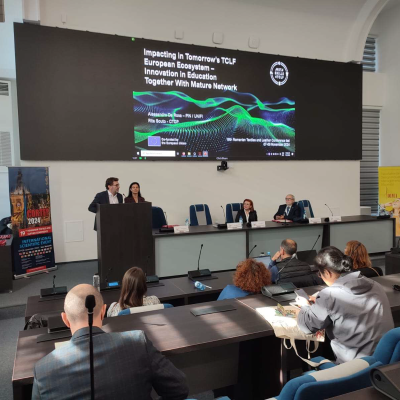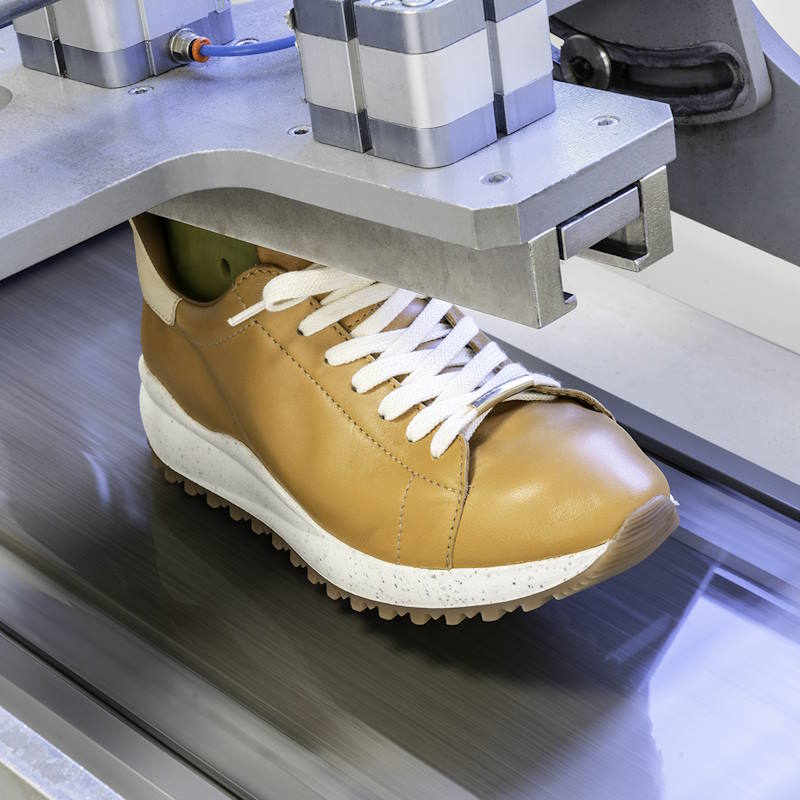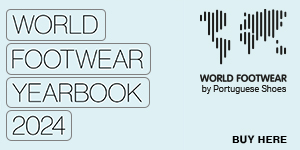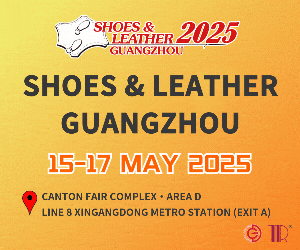Portuguese footwear returns to school to showcase the industry of the future
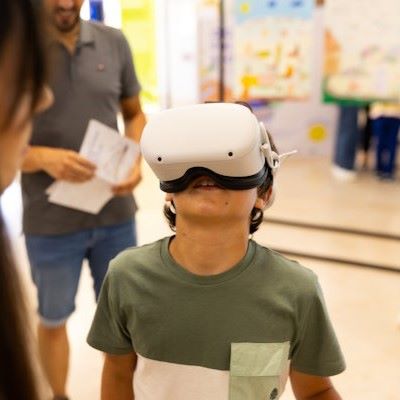
Last school year, several initiatives were carried out in 78 schools, involving 1,900 young students, to demystify stereotypes and showcase the industry of the future This number will be increased this year
As part of the Knowledge Roadmap, and under the Bioshoes4All project, the Portuguese footwear sector has returned to the school to demystify stereotypes and showcase the industry of the future. Last school year alone, several initiatives were carried out in 78 schools in areas with a high concentration of footwear, involving 1,900 young students. This number will be increased this year.
The European fashion industry will need 500,000 new workers by 2030. Data from the European Commission suggests that the new diagnosis is similar to other sectors and will particularly affect countries such as Spain, France, Italy and Portugal. Aware of this reality, for the second school year in a row, APICCAPS is running a ‘Knowledge Roadmap’ through schools to prepare future generations and attract a new wave of talent.
In practical terms, this ‘Knowledge Roadmap’ is visiting schools in Felgueiras, Guimarães, Oliveira de Azeméis, Santa Maria da Feira and S. João da Madeira, essentially, the cities where the footwear sector is concentrated. Initially, the initiatives were aimed at primary school children and intended to “show the potential of the footwear industry”, “value the territory and local activities” and “promote the local industry”. Later on, the 2nd and 3rd cycle students were involved by introducing them to the factory of the future.
“As the footwear and leather goods sector evolves to new levels of excellence, recruiting highly skilled professionals is a priority”, says Luís Onofre. For the President of APICCAPS, “there are a number of stereotypes that are prevalent in the societies associated with most industrial sectors that need to be demystified. Although it’s not just a Portuguese problem, there’s work to be done”. He also emphasised “the crucial role played by local authorities in areas where the footwear industry is highly concentrated”.
According to Rui Cabral of Oliveira de Azeméis Town Hall, “raising awareness is very important so that our children can be active agents in this industry in the future and so that we can continue to be a national and world benchmark”. The mayor believes that it “is essential that these projects link children with real industry”.
For Ana Medeiros, Felgueiras Education Councillor, “as representatives of municipalities with a high concentration of the footwear industry, in addition to the educational function, we also have an economic function and a role to play in the professional future of our children”.
“The project is remarkable (...). In a short time, putting glue in a shoe will mean using a robotic arm, it’s programming, it’s computer science. That’s the future we are showing today. Vocational training is the way forward, and there is still a huge stigma attached to this type of training. We need professionals and good professionals, people who will help to boost the footwear sector”.
Irene Guimarães argues that “the project has enriched everything that already existed in our city, strengthening it with the link between schools, children, the footwear industry and the people”. The councillor for S. João da Madeira believes that “this project is crucial to promoting the work of this industry in the cities where it is being implemented. What we need to do today is take advantage of this work carried out in schools, involving teachers and families, and pass on the baton”.
The ‘Knowledge Roadmap’ will run for three years and is included in the Footwear Cluster Strategic Plan 2030.
Source and Image Credits: apiccaps.pt


